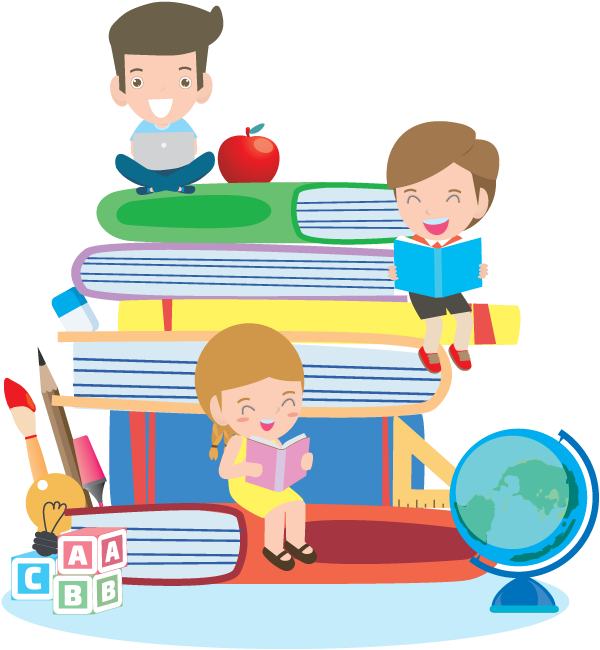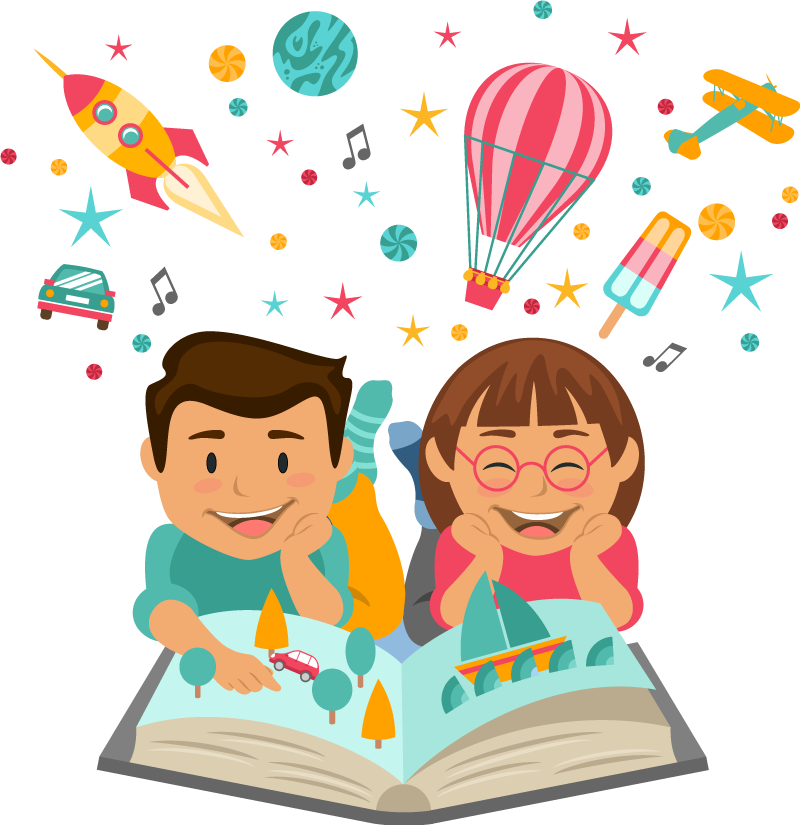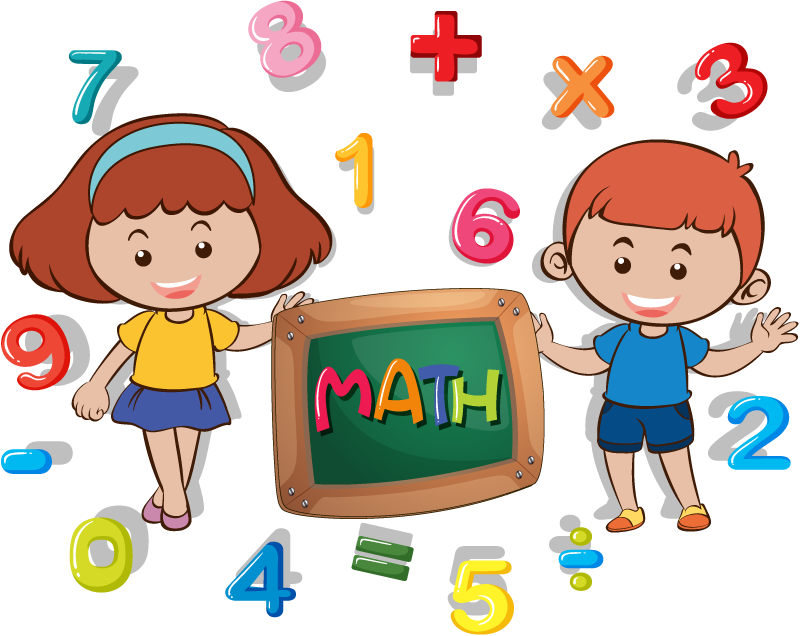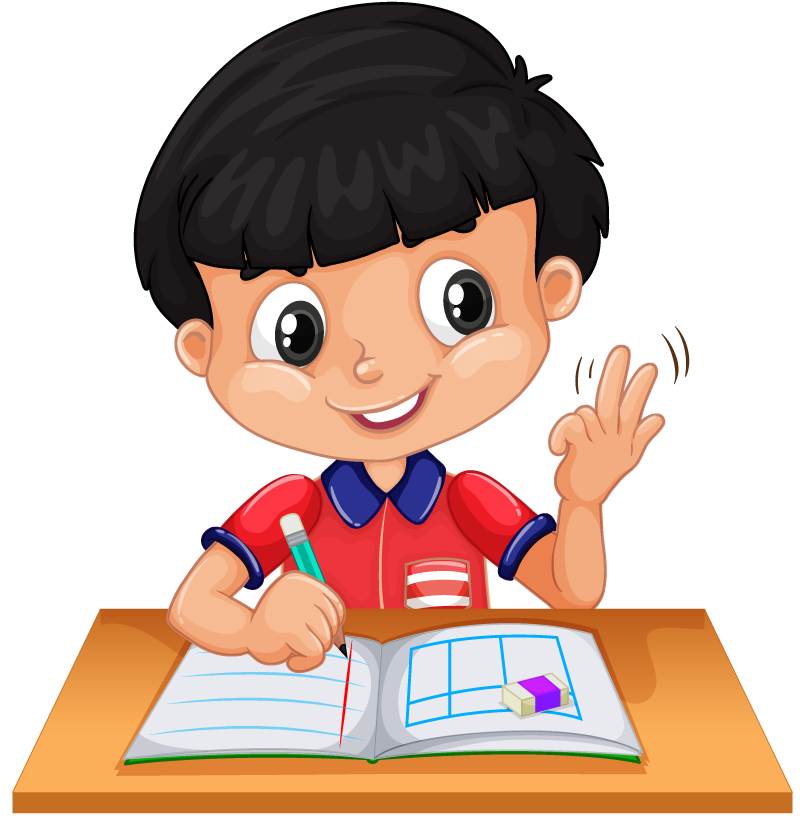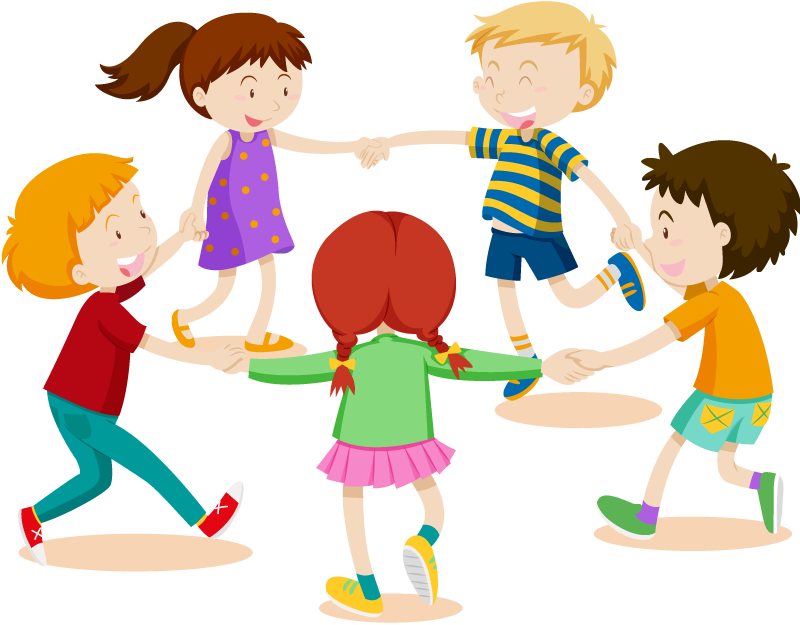Some Important Areas of Early Learning.
Developing his/her command of Spoken Language.
It is important that the child’s ability to talk is as advanced as possible. It is through speech that s/he communicates his/her thoughts and feelings, his/her needs and desires, curiosity and wonder. If s/he cannot express these words s/he will tend to remain silent and will often withdraw from the learning activity of the class. This can be the first sign of failure in the school system and must be remedied, if at all possible. That is why a lot of attention is given to language development in the first years of school.
You can help….
- Talk to your child naturally and casually about things of interest that you or s/he may be doing – at home, in the shop, in the car etc. Remember that all the time s/he is absorbing the language they hear about them. It takes him/her a while to make it his/her own and to use it for his/her own needs.
- Try to make time to listen when s/he wants to tell you something that is important to him/her. But don’t always make him/her the centre of attention.
- Answer his/her genuine questions with patience and in an adequate way. Always nurture his/her sense of curiosity and wonder.
- Introduce him/her gently to ideas of Why? How? When? Where? If? etc. These demand more advanced language structures.
- S/He will have his/her own particular favourite stories that s/he never tires of hearing. Repeat them over and over again and gradually get him/her to tell them to you.

